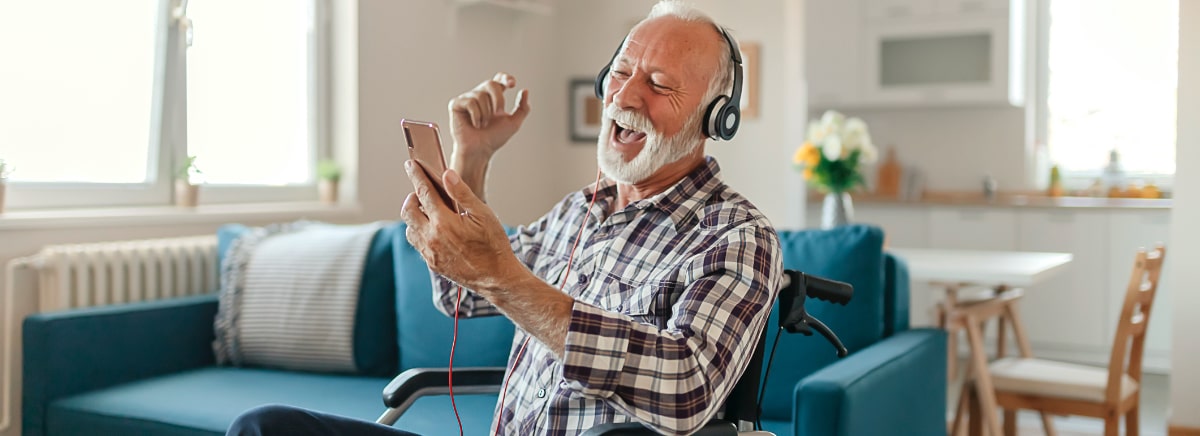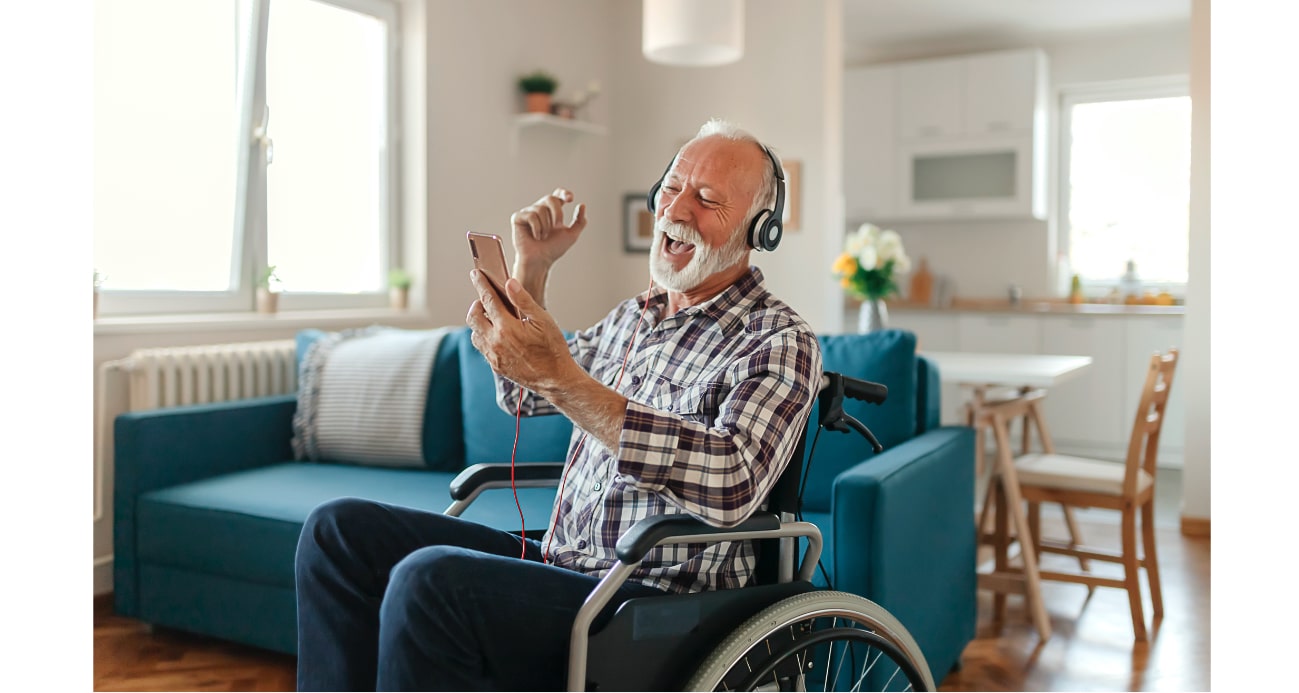When a senior loses weight without trying there can be a number of reasons behind it. Some can be quite serious. Even though it may be tempting to dismiss the loss of a few pounds as no big deal — or even view it as a good thing — it’s not a good idea to do so. If a senior loses 5% of their weight or more within six months without trying they should report it to the doctor for thorough investigation. Some common contributors to unintentional weight loss are listed below.
Potential Physical Causes of Weight Loss
- Medication side effects
- Dental problems
- Infection
- Illness
- Cancer
- Heart disease
- Parkinson’s disease
- Swallowing difficulty
- Changes or loss of taste or smell, which results in eating being less pleasant
Cognitive Contributors to Weight Loss
- Forgetting to eat
- Difficulty cooking, meal planning or grocery shopping
Emotional Causes for Weight Loss
- Social isolation
- Depression
- Grief
Talk to the Doctor
The doctor can evaluate the weight loss and diagnosis and treat any underlying medical conditions. If appropriate, the doctor may recommend supplement drinks or relaxing a restrictive diet. These interventions should not be undertaken without consulting the doctor first.
Enlist Elderly Care Support
Once the doctor has completed an evaluation and treated any underlying conditions, it may be very helpful to enlist support from an elderly care service. Elderly care services provide professional care aides to help seniors live safely, healthily and successfully in their own home.
Elderly care aides can help seniors with unintentional weight loss in a number of ways. Their services are customizable for each individual, so they will look different for every senior. Some of the things elderly care aides can help with include:
Shopping
Elder care aides can help with grocery shopping and ensuring that a senior’s kitchen is full of nutritious food options.
Meal Preparation
Elder care aides can prepare nutritious meals. Some seniors appreciate the aide cooking fresh every meal, while others prefer the aide to prepare a few meals ahead of time. For example, an aide can make a pot of soup or casserole and pack them in individual serve containers. All the senior has to do for a hot, nutritious meal is heat it up in the microwave.
Some seniors don’t eat much at each meal, but may take in considerably more nutrition if they are offered very small meals five or six times each day. Elder care aides can ensure this meal plan is offered successfully.
Reminders or Encouragement to eat
Sometimes seniors just forget to eat. They may not feel hungry and simply lose track of time. By scheduling an elder care aide for meal periods, the senior can be reminded and encouraged to eat.
Companionship during meals
Sometimes it’s not enough to simply be reminded to eat. Some seniors eat much better with company. If friends or family are not available for every meal, elder care aides can sit in. Sharing a meal with a friendly face and good conversation stimulates most seniors to eat more.
Weigh Regularly
Seniors should get in the habit of weighing themselves regularly. Once per month is usually fine if the doctor doesn’t say otherwise. Take weight loss seriously, and enlist the help of the professionals when needed.
Sources
https://newsnetwork.mayoclinic.org/discussion/mayo-clinic-q-and-a-weight-loss-in-older-adults-can-signal-underlying-health-issue/
https://www.ncbi.nlm.nih.gov/pmc/articles/PMC552892/
https://www.aafp.org/afp/2014/0501/p718.html
If you or an aging loved one is considering elderly care in Larkspur, CO, please contact the caring staff at SYNERGY HomeCare today at 303-953-9924.

